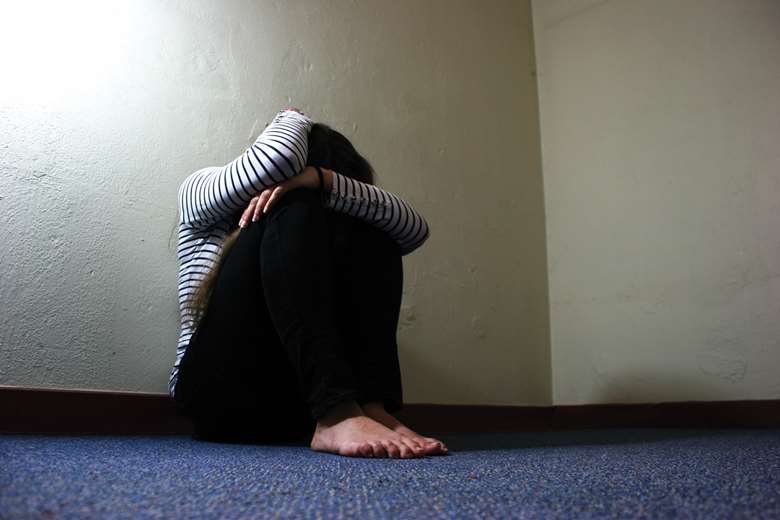Major crackdown on FGM to launch in London
Neil Puffett
Friday, April 11, 2014
Women who are victims of female genital mutilation (FGM) are to be referred to children's social services and police as part of a pioneering project intended to prevent a further generation of girls being subjected to the abuse.

The pioneering initiative, which will be trialled in six London boroughs, is based on the premise that if a mother was a victim, it is far more likely that the daughter will also be a victim.
Midwives will provide data to children’s social workers on all mothers who have undergone FGM themselves – both mothers who already have a daughter and those who are expecting.
Social workers will then conduct a risk assessment – in the case of expectant mothers, this will be done alongside health visitors.
The families will receive literature on the long-term physical and mental health impacts of FGM, and will be warned that they face prosecution if they allow a child to undergo the practice.
In the cases of children deemed to be most at risk, police will be notified, the family will be flagged with the UK Border Agency and legal action may be taken to prevent the child from travelling.
If it is thought FGM has occurred, a child protection medical may be requested.
The two-year pilot, due to launch in June, is being managed by charity Children and Families Across Borders (CFAB), alongside the London Mayor’s Office for Policing and Crime, the Met Police, the Royal College of Midwives, NHS England and several other charities including the NSPCC.
Andy Elvin, chief executive of CFAB, said: “FGM is a form of child abuse that until now has not been dealt with by the child protection system, so we need to go out and do some proactive work and offer them the protection afforded by the child protection system.
“Unlike child abuse or child neglect, no one makes a phone call about FGM – we need to find the potential victims.”
Although the World Health Organisation estimates that more than 20,000 girls under the age of 15 in the UK are at risk of FGM each year, a Home Office-funded FGM helpline, run by the NSPCC, received only 167 calls in the first six months of operation.
It is hoped the pilot project will lead to an increase in child protection investigations and will have both a protective and preventative effect.
“We want to send a clear message out to those thinking of putting a child through FGM that child protection authorities are watching, and will become involved,” Elvin said.
“The hope is that, in the longer-term, this will become business as usual for local authorities alongside all the other forms of child abuse they investigate.”




